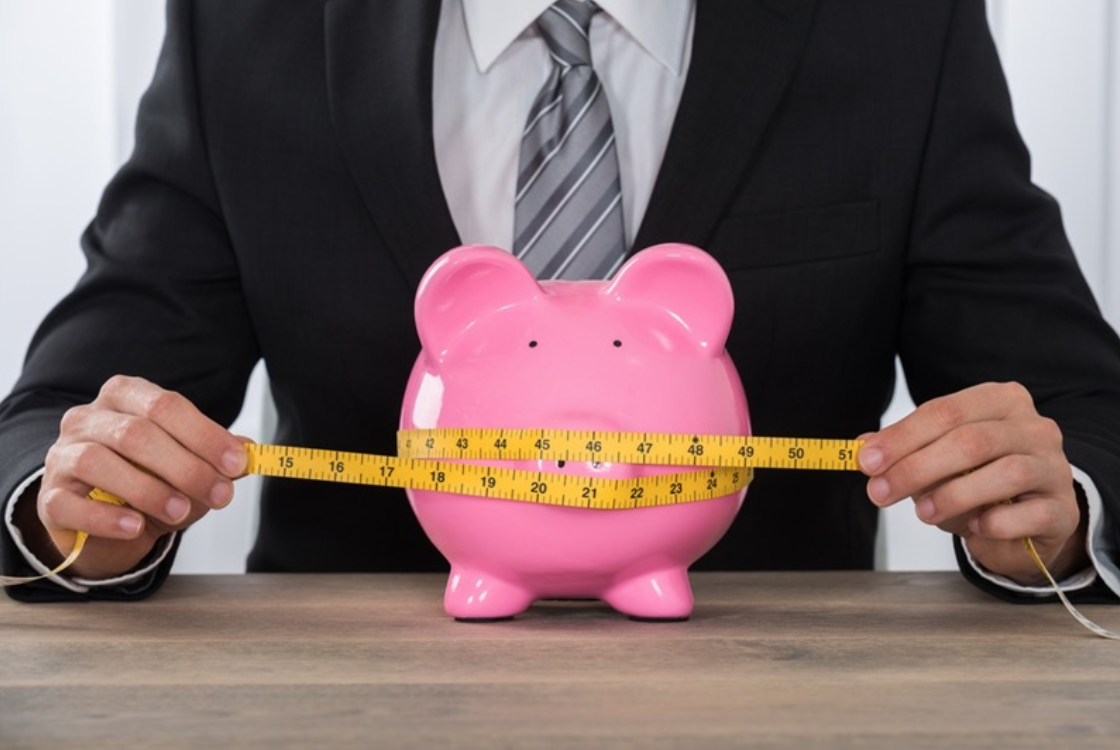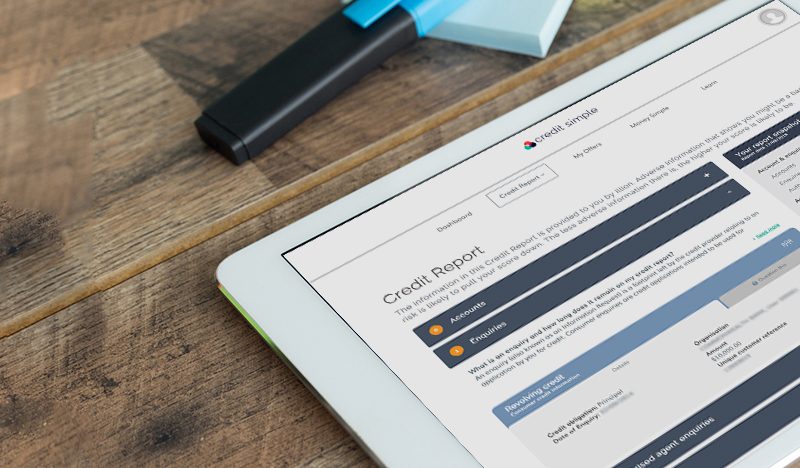5 easy ways to be smart about your credit card usage
Are you finding your credit card debt racks up quickly every month, no matter how much you try to pay off? If you don’t have the right sort of account, or a limit set too high, it can be easy to blow your budget on a purchase you really don’t need.
Adding debt to the point where you’re unable to repay lenders can affect your credit report. When you can’t pay what you owe, a default will be marked against your name, and other lenders in the future will look at you unfavourably because of it.
How can you be smart about credit card usage? Here are five easy ways to make sure you stay on top of your debt:
1. Pay your credit card on time
Your monthly credit card account statement will tell you exactly how much you owe and what you need to pay by a certain date. In order to keep on top of your debts, ensure you always pay the due amount by the required date.
By paying on time, you’ll track your debt more closely, plus you’ll avoid incurring interest and late payment fees. Instead of having to manually pay each month, set up an automatic payment to cover at least the minimum monthly repayment. If you can pay more, do so and you’ll pay off your debt faster.


Tighten your purse strings so you can pay off your credit card debt faster.
2. Stick to your limit
Set your credit card limit so it is within realistic repayment boundaries. If you earn $5,000 a month, your credit card limit shouldn’t be $10,000, for example. Using a credit card for emergencies is understandable, but otherwise you’ll need to be sensible with your limit. Aim for less than 50 per cent of your monthly income, and if you can avoid it, don’t max it out.
When you have a credit utilisation ratio of 100 per cent, your credit card is maxed out. This means you’ve used all of your available credit and haven’t paid it off, which can negatively affect your credit score.
3. Track your debt closely
Keep on top of what you owe at all times. The average Australian credit card debt is above $4,000, with an average annual interest amount of almost $700. By keeping track of what you owe, you’ll be more aware of what you’re spending. If it’s too much, you might be inclined to step back and more carefully consider your spending habits.
The average credit card purchase is $117.15, while the average debit card purchase is just $48.72, according to research. Any purchase on a debit card comes out of your account – it’s money you already have, so Australians tend to be more careful with what they buy. If you switch your thinking and start considering credit as money you should pay back immediately, you might find you’re more cautious about putting major unnecessary purchases on your card.


If you think about your credit differently, you might restrict what you buy with it.
4. Don’t use credit to pay bills
If you’re struggling to pay your bills on time (utilities, rent, mortgage repayments) there are better ways to regain control of your finances than paying for everything on credit. These types of monthly payments will rack up quickly, potentially making it unlikely you’ll be able to pay them off before accruing significant interest.
The Australian government’s MoneySmart website has lots of guidance about keeping up with your bills – one piece of advice they offer is don’t use your credit card to make ends meet.
5. Budget to repay more, and save more
Each month, create a budget that allows you to repay more of your credit card debt, and put more money into savings. This has two effects. The first is that you’ll pay off your debt faster (assuming you stick to your budget and don’t splurge on a shopping spree) which will allow you more financial freedom sooner because you won’t have to pay off your card anymore.
The second is that you’ll build up a solid savings account which you can use for large purchases or in an emergency, meaning ideally you won’t even need a credit card. The trick is to restrict your unnecessary spending so you have more money to work with to achieve your goals.
Paying off your debts quickly, keeping within your financial bounds and only using your credit card for emergencies can help you to stay in control of your finances. Because credit card usage can affect your credit report in Australia, it’s important you stay on top of how you use it. For more information about your credit report and what it means, hit up our blog or check your credit score today.
- Post Tags:
- credit cards
- credit score
- saving
- spending
Credit Simple
Credit Simple gives all Australians free access to their credit score, as well as their detailed credit report. See how your credit score compares by age, gender and community and gain valuable insights into what it all means.
All stories by: Credit Simple


